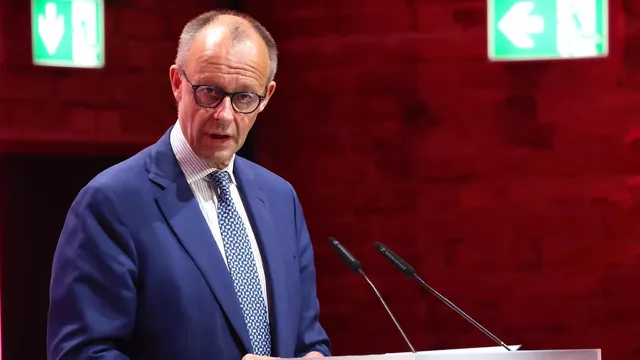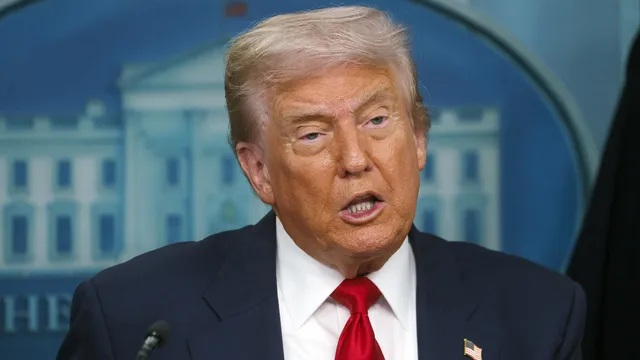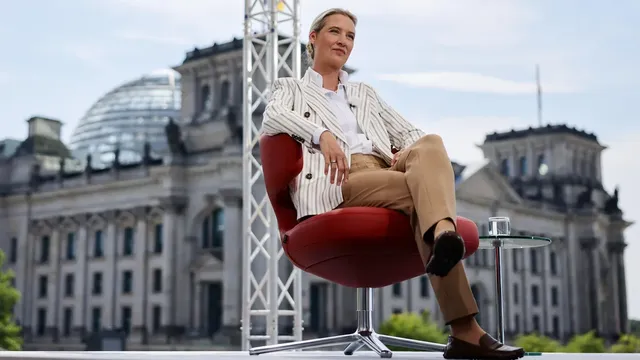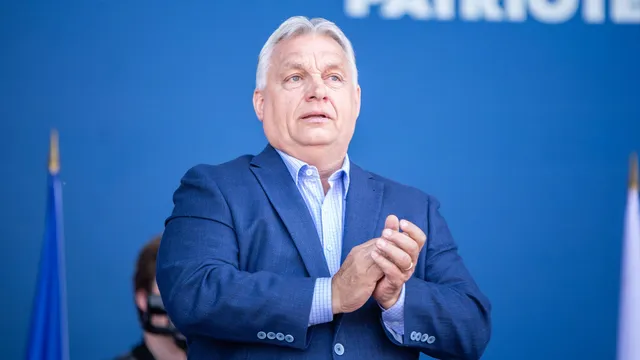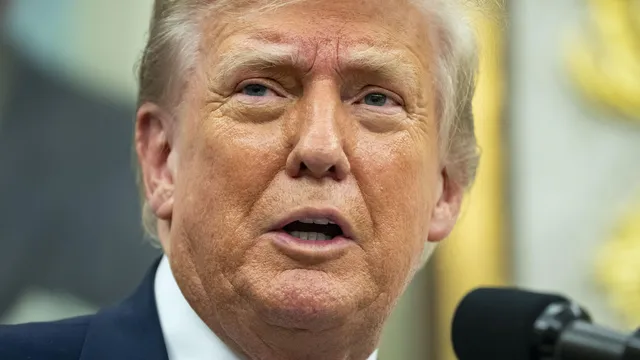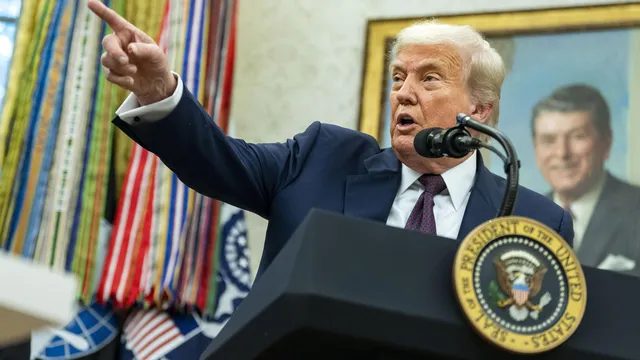German Chancellor Friedrich Merz said a day after his meeting with President Donald Trump at the White House that he had found the US administration open to discussion and had returned confident that Washington remained committed to NATO.
Merz described his meeting in the Oval Office and the subsequent lunch with Trump as constructive but frank, noting that the two leaders had expressed different views on Ukraine.
“Yesterday, during the meeting in the Oval Office, I expressed a fundamentally different position on the issue of Ukraine from that of Trump, and not only did I not encounter any objections, but we also discussed the issue in detail during lunch,” Merz said in Berlin after his return.
The meeting at the White House on June 5 was the first face-to-face meeting between the two. Merkel, who became chancellor in May, avoided the confrontations in the Oval Office that have tripped up other world leaders, including Volodymyr Zelensky and South African President Cyril Ramaphosa.
The two leaders began with pleasantries. Merz presented Trump with a gold frame containing the birth certificate of the president's grandfather, Friedrich Trump, who emigrated from Kalstadt, Germany. Trump called Merz “a very good man to work with.”
“The US administration is open to discussion, listens and is ready to accept different opinions. Let's stop talking about Donald Trump with a raised finger and a frown. We need to talk to him, not about him,” Merz said.
He added that he had also met with senators on Capitol Hill, urging them to recognize the scale of Russia's rearmament.
"Please look at how far Russia's armament has gone, what they are doing there right now; you obviously have no idea what is going on.
In short, you can talk to them, but you must not give in to threats. I have no intention of doing so anyway,“ Merz said.
He also stressed the need for transatlantic trust, reminding Trump that ”allies are important."
"Whether we like it or not, we will remain dependent on the United States for a long time. But you also need partners around the world, and Europeans, especially Germans, are the most suitable partners. That is the difference between authoritarian systems and democracies: authoritarian systems have subordinates. Democracies have partners – and we want to be those partners in Europe and with America," the German chancellor said.
He reiterated that the US remains committed to NATO, especially as Germany and other countries increase their defense spending. Trump has hinted in the past that the US could abandon its commitments to the alliance if member countries do not meet defense spending targets.
“I have absolutely no doubt that the US government is committed to NATO, especially now that we have all said we will do more. We guarantee that we can defend ourselves in Europe, and I believe that this expectation is not unreasonable,” Merz added.
“For years, we have been free riders on American security guarantees, but now we are changing that,” he added. | BGNES

 Breaking news
Breaking news
 Europe
Europe
 Bulgaria
Bulgaria
